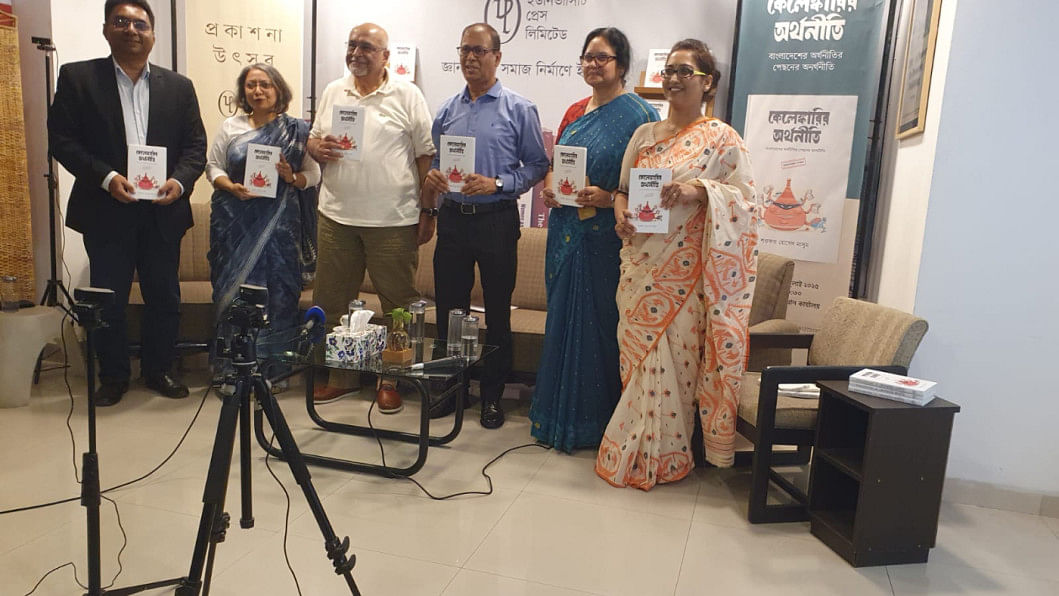Reforms in Bangladesh face slow progress: Debapriya

Bringing change through reforms in Bangladesh is difficult and does not follow the same pattern everywhere, said Debapriya Bhattacharya, distinguished fellow at the Centre for Policy Dialogue (CPD).
"The process of improving policies is often slow, complicated, and not always successful. Reforms will happen—some will be partial, others incomplete, and some may not happen at all. And yet, new reforms will always be necessary," he said.
He made the remarks today at the launch of the book "The Economy of Scandal," published by University Press Limited, in Dhaka.
"In practice, the country appears to belong only to those in power. But a responsible government must prioritise those who are excluded—those without voice, agency, or social recognition," Bhattacharya said regarding the rhetoric that "the country belongs to everyone."
He stressed the media's role in fostering inclusive democracy. "Only the media can turn the invisible, the voteless, and the powerless into full citizens—people with dignity and rights."
Bhattacharya highlighted the expansion of Bangladesh's social protection programmes over the years, with nearly 40 percent of the population now covered. However, he warned against overestimating this progress.
"A significant portion of this inclusion took place under an authoritarian government, mainly as a means to manufacture political legitimacy. Today, we see earlier beneficiaries being removed and replaced by new ones. Still, 56 percent of the country's vulnerable population remains outside the safety net," he said.
He criticised budgetary shifts, noting funds moved to Open Market Sales food distribution, while targeted measures like family cards and cash transfers for the rural poor received inadequate support.
"The people who needed help the most—the rural poor—got little to nothing," he said.
"In contrast, the interim government, which took a vocal stance against inequality, allocated significantly more resources to the marginalised."
Last fiscal year's expenditure disproportionately favoured the urban middle class, likely as a political strategy to "regulate memory and manage dissent," he added.
Despite these shortcomings, he acknowledged Bangladesh's progress over the past 50 years, crediting the productive capacity—especially those engaged in direct production.
"If journalism is weakened, so is civic society. And when civic society falters, healthy politics wither. Without political integrity, no productive economy can endure," he said.

 For all latest news, follow The Daily Star's Google News channel.
For all latest news, follow The Daily Star's Google News channel. 



Comments